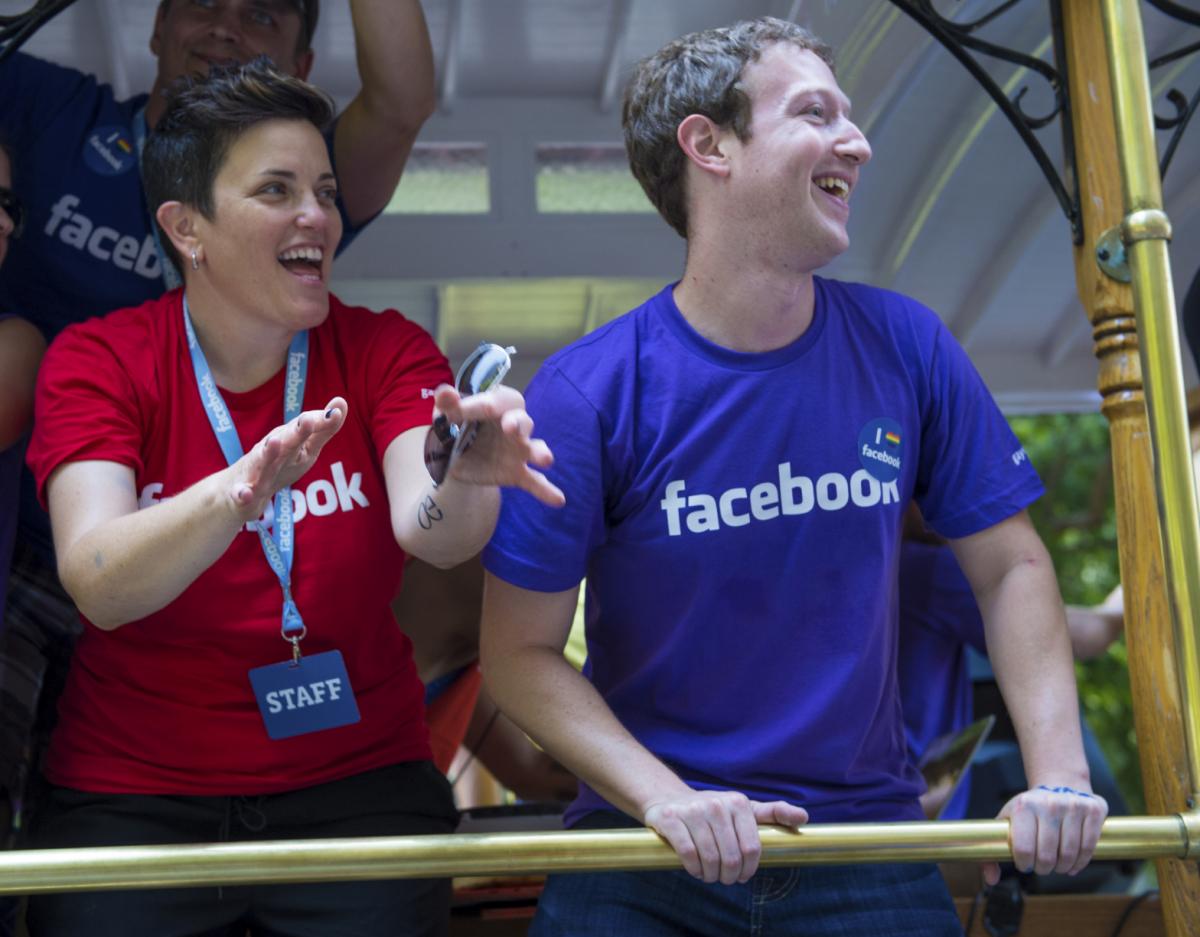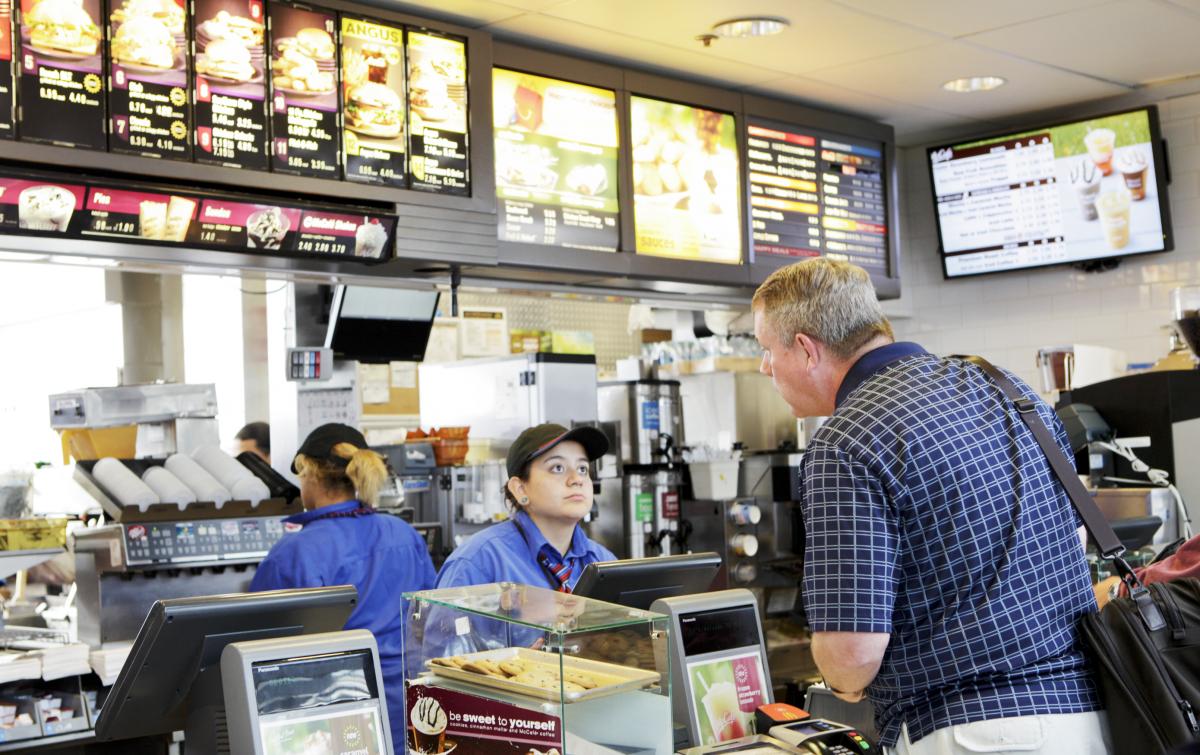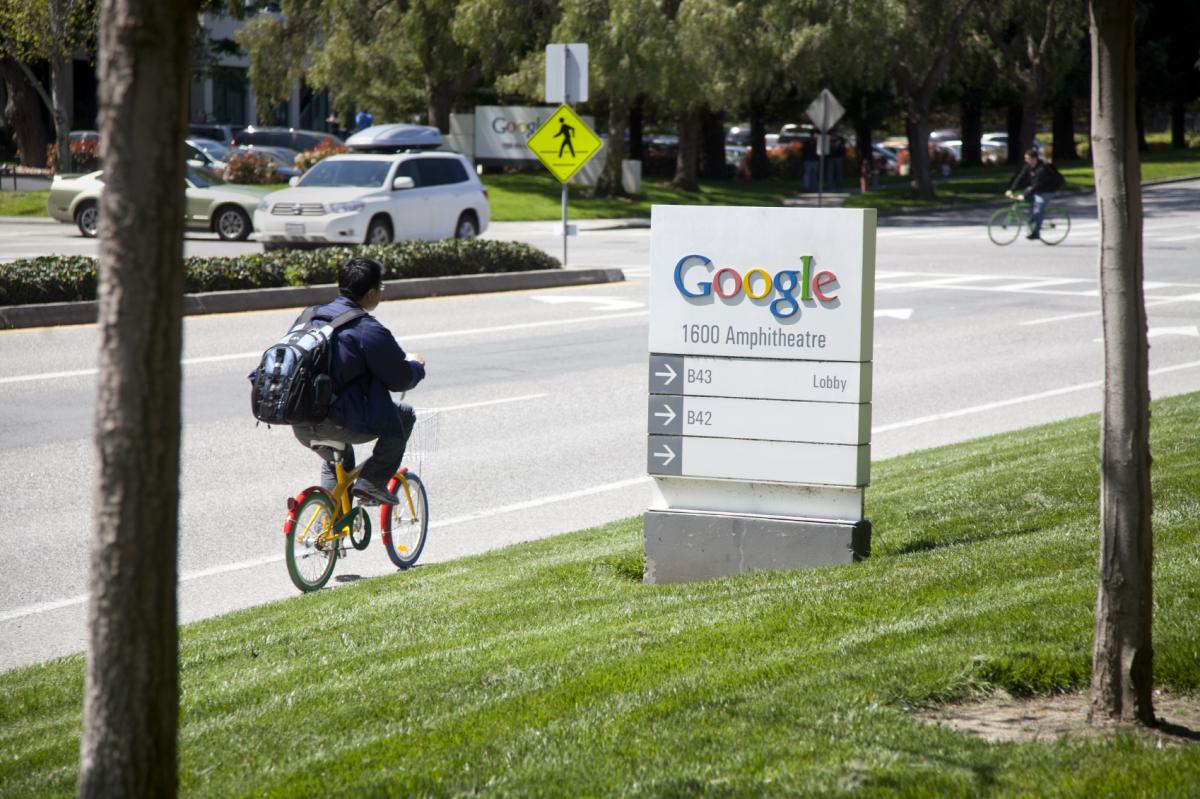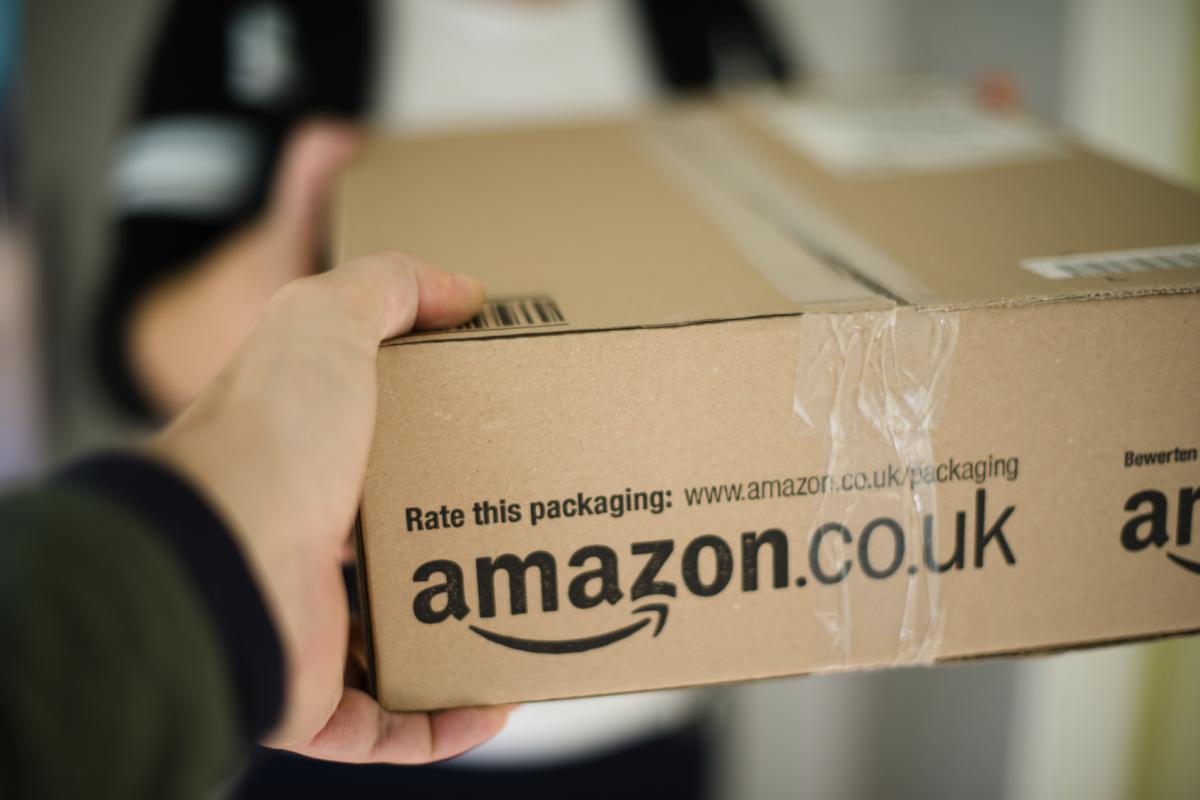2015 was the year sustainability measures and corporate social responsibility (CSR) activities went more mainstream in North American companies, going deeper where they already exist and taking hold in new places, experts say.
Executives also began looking beyond their company walls and getting more active in global climate campaigns, all seen as high points for the year. Experts, though, were discouraged by several major missteps by large corporations and that the pace of efforts to address climate change does not match the amount of work still needed.

“The high point is that more and more corporate leaders are getting involved, and are willing to engage publicly on important issues,” says to David Brodwin, vice-president for media and communications and chief finance officer of the American Sustainable Business Council (ASBC), which promotes policy change at federal and state level that supports a more sustainable economy. “The low point is that some still maintain a ‘code of silence’ on important issues,” he adds. “For example, every company suffers from the inefficiency of the US healthcare system because they pay about 50% more in healthcare costs than they should. But few are willing to publicly challenge the policies and conditions that make healthcare so ruinously expensive in the US.”
Business leaders are also realising that internal, voluntary action, while important, has its limits, adds Brodwin. “For companies to fulfil the potential and promise of CSR, they need to look more broadly and understand that they can use their power as a force for good in society. This is particularly important in the US, where corporations have so much power in the political process due to loose rules on campaign finance and lobbying contributions.
US businesses want to move beyond their individual interests and be a part of a broader dialogue, which includes policy action, says Suzanne Apple, WWF’s senior vice-president for private sector engagement. “Whether it’s around climate change, deforestation or combatting illegal wildlife trafficking, business is increasingly looking to government as a partner to solve these global, and seemingly intractable, issues. It’s exciting to see so many companies pledge support for the UN Declaration on Forests, for example. It demonstrates to me that business is starting to understand its role on a bigger scale, and how it can move the needle on things like deforestation and sustainable commodity production not just for the planet, but also the bottom line.”

Sustainability has increased its presence in many companies’ overall strategy, Apple says. “In forward-thinking companies, CSR is no longer in a silo, or an offshoot of a foundation. It is increasingly being viewed, and rightly so, as a tool to manage risk for the company as a whole.”
The fact that the US government has started paying a great deal of attention to climate change has raised awareness among corporations, more of which are pledging to take steps internally to reduce climate change, but also urging governments to get more involved. Many companies are calling for climate solutions as part of their CSR commitment. Business leaders recognise that if climate change is allowed to continue unabated, the effects of extreme weather and food and water shortages will reverberate throughout the economy. A number of executives from leading corporations attended the COP21 climate conference in Paris this month to call for binding international commitments on carbon pollution.
Bryan McGannon, director for policy and engagement at ASBC, says: “Companies are beginning to think bigger and more boldly. Outside stakeholders are learning to engage more effectively with corporations, both in the public eye and behind the scenes. Corporations are joining forces with other corporations to solve problems that are too big to solve by each company working independently.”
In addition, bigger CSR commitments are coming from new businesses and sectors, “not the usual suspects,” according to Laura Gitman, vice-president of Business for Social Responsibility (BSR), a global non-profit organisation with a network of more than 250 companies that helps to develop sustainable business strategies. “It’s the age of disruption and innovation; the way business and manufacturing are changing,” Gitman says. “There is new attention to issues of inequality and issues of growth in the developed world economies, and we’re seeing these issues at the forefront of people’s minds. The idea of a living wage at McDonald’s is much bigger than in the past.”

Small business
A June 2014 poll off 555 owners of small businesses in the US conducted by Lake Research Partners for the American Sustainable Business Council (ASBC) found:
-
87% of business owners named one or more consequences of climate change as potentially harmful to their businesses.
-
64% of businesses believe government regulation is needed to reduce carbon emissions from power plants. Opinion follows party lines, with 55% of Republicans, 65% of Independents and 81% of Democrats supporting regulation. Overall, only 29% think power plants should be left to regulate themselves.
-
53% of companies think extreme weather has, or will have, a negative impact on their businesses. One in five has already been hurt.
“The survey results counter the argument that the business community generally resists action on climate change,” says the ASBC.
Companies are taking traditional CSR issues – such as making safer products – and combining them with market opportunity, and they’re starting companies and diverting R&D toward products that are both safer and profitable. ASBC’s Brodwin adds: “It’s the confluence of doing good and doing well that is interesting.”
Greta Twombly, manager of campaigns for ASBC, says: “ASBC works with Eileen Fisher and other companies that are committed to what we call a High Road Workplace. This is based on the idea that if you pay people well, treat them well, you can do better financially because what you gain in loyalty, motivation and reduced turnover adds more value than what the extra compensation costs.” She adds: “These companies are upgrading internal practices, but they are also calling for a higher minimum wage [in the US], family and medical leave, and sick days.”

More activity has also been seen in the US technology sector, which is involved in a race to the top for reducing energy for data centres, and seeking out renewable energy sources. “The tech sector has acknowledged the role it can play in reducing climate change,” says Gitman. Other businesses are looking at curbing deforestation, and retail and food companies are upping their CSR commitments as well. (See fact boxes)
Adobe
California-based Adobe Systems Incorporated, creator and seller of widely-used software, reached its goal of having a carbon-neutral footprint by 2015 two years early and now is seeking to purchase true renewable energy in the coming year.
In 2015, Newsweek magazine named Adobe the greenest technology company in the world for the second year in a row. The company was also included in the Global 100 Most Sustainable Corporations index.
“It means we’re on the right track,” says Vince Digneo, Adobe’s sustainability strategist. “It’s a culmination of the work we’ve done over the last few years. The next goal is to move the market so that everyone in the community can get their share of renewable energy and reduce costs. We’re working with data centre partners to get them on renewable energy.”
Adobe has 77% of its work spaces LEED certified, and the company eliminated garbage cans from all of its sites in California – they only use composting and recycling containers – and dramatically reduced water usage through conservation and switching to low-flush toilets and waterless urinals.
Adobe is also aiming to help its customers be more sustainable through its products, by transitioning a paper workload to a digital workload. “We used to sell boxed software, but we transitioned that to the cloud, so we removed between 70% and 80% of the environmental impact,” says Digneo.

Another highlight: Corporations are realising and experiencing how their CSR reputations affect their businesses. “The most important drivers of reputation in the US are CSR attributes, and their importance is increasing every year,” says to Brad Hecht, vice-president for research for the Reputation Institute, a research and advisory firm for reputation. “The better your reputation, the more willing people are to support you.”
The institute uses a tool called RepTrak to evaluate the public’s opinion of a company and to help businesses manage their reputations. The workplace environment, governance and citizenship all contribute to a company’s CSR score. “In the most successful companies, CSR has to be integrated in the way a company does business,” says Hecht. “CSR has to be supported in a credible way by leaders who are involved and vocal. Equally important, CSR has to be perceived as authentic. CSR is the single biggest driver in employee retention in many companies.” Businesses also have to improve the way they communicate their CSR successes, Hecht adds.
SAP, the business software provider with offices across the world, including in the US and Canada, is helping its customers make the transition to a more digital platform, and can create social, environmental and economic value. SAP has also made a commitment to education and job opportunities for at-risk youth. “We’ve really settled on a more focused way of giving youth the skills they need to be drivers in tackling society’s problems,” says Alicia Lenze, SAP’s global head of CSR. The company has opened three early-college high schools – in New York City, Boston, and Vancouver – and plans a fourth in Oakland in 2016, providing students with a technical education and an internship, and the option to earn a high school diploma and associate’s (two-year) college degree in six years. “It’s a long-term investment for us,” Lenze says.
Panera
Panera Bread is “crossing the finish line when it comes to ‘clean food’,” says Sara Burnett, Panera’s director of wellness and food policy. “Ninety percent of our 450 ingredients are ‘clean’ and all should be clean by the end of 2016. We are really focused on food: clean food.”
Panera Bread operates 1,946 bakery-cafes in 46 US states and in Ontario, Canada, under the Panera Bread, Saint Louis Bread Co and Paradise Bakery & Cafe names.
In 2014, Panera pledged to remove artificial additives from its food. The policy includes eliminating trans-fats, MSG, colours, sweeteners, flavourings and preservatives. “There is a lot more on the no-no list,” Burnett says. The company began looking at its ingredients more than 10 years ago, when it decided to try using antibiotic-free chicken for its chicken salad, and found the salad scored high on a taste panel. “People voted with their dollars,” Burnett says. The company initially invested in raising antibiotic-free poultry itself and extended the antibiotic-free, all-vegetarian diet to other animals in its supply chain. Last year the company began publishing an animal welfare report and this year met its goal of raising pigs without cages.
Panera began posting all calorie information on its menu boards in 2010 and formed an executive working group on what matters to its guests. “Those conversations got us back to the whole deeper questions of what impact we have on society and the environment, and what matters to our guests,” says Burnett. “We serve a lot of people and want to know what matters to all of our stakeholders, how we become more transparent and what information we should share.”
The company also started PaneraCares Cafes in several diverse communities in the US. The cafes allow people to pay what they can afford for a meal, or can earn a voucher for a meal after putting in volunteer time.
For 2016, Panera plans to continue evaluating its animal welfare programme. “Even bigger for us in our future is how we become an ally for wellness with our guests,” says Burnett.

And the 2015 low points? “There was a lot of great momentum this year, but things still are not improving at the pace the need to be,” says Gitman. “It requires much greater collaboration and commitment to change than we have seen so far.”
Reputation plunged for companies involved in two of the year’s low points for CSR, Hecht notes. Volkswagen was caught cheating on emissions tests for its vehicles in the US. Software in the cars reduced emissions when they were being tested. The scandal, discovered by the US Environmental Protection Agency (EPA), not only sunk the company’s stock, reputation and sales, but also left other corporate claims of sustainability open to scepticism, particularly among car makers. “Volkswagen certainly had an effect on credibility issues,” Gitman says. “I wonder if companies still will be willing to make big commitments if they can’t back them up.”
Since the scandal broke in September, Volkswagen has admitted wrongdoing, the CEO has resigned, the company has launched an investigation and millions of cars have been recalled worldwide. The company posted its first quarter loss in 15 years in October. Another reputational blow, says Hecht, was dealt to Amazon after it was the subject of a New York Times article about its work culture that sometimes treated workers callously. Amazon has repeatedly challenged the story, saying it misrepresented Amazon.

What is looking positive for the future, several experts say, is that US businesses are starting to realise how much they can do in the climate change and CSR arenas – especially by working with other companies and entities. “Until three or four years ago, CSR wasn’t even visible to executive management,” says Hecht. “Now companies are realising it really matters and are beginning to develop strategies around it. I see a lot more communication around CSR as it is integrated into businesses. It’s not a luxury any more, it’s a necessity, especially with younger stakeholders.”
WWF’s Suzanne Apple adds: “Business can be a strong partner for conservation. Sustainability is becoming increasingly mainstream in the business community and sustainability and corporate strategy are increasingly aligned. We need to create mechanisms to help channel the power of the market, whether it’s through policy action or multi-stakeholder initiatives.”
measuring sustainability CSR climate David Brodwin ASBC Carbon emissions global Climate conference carbon pollution BSR renewable energy environmental impact Brad Hecht Alicia Lenze SAP Sara Burnett WWF
